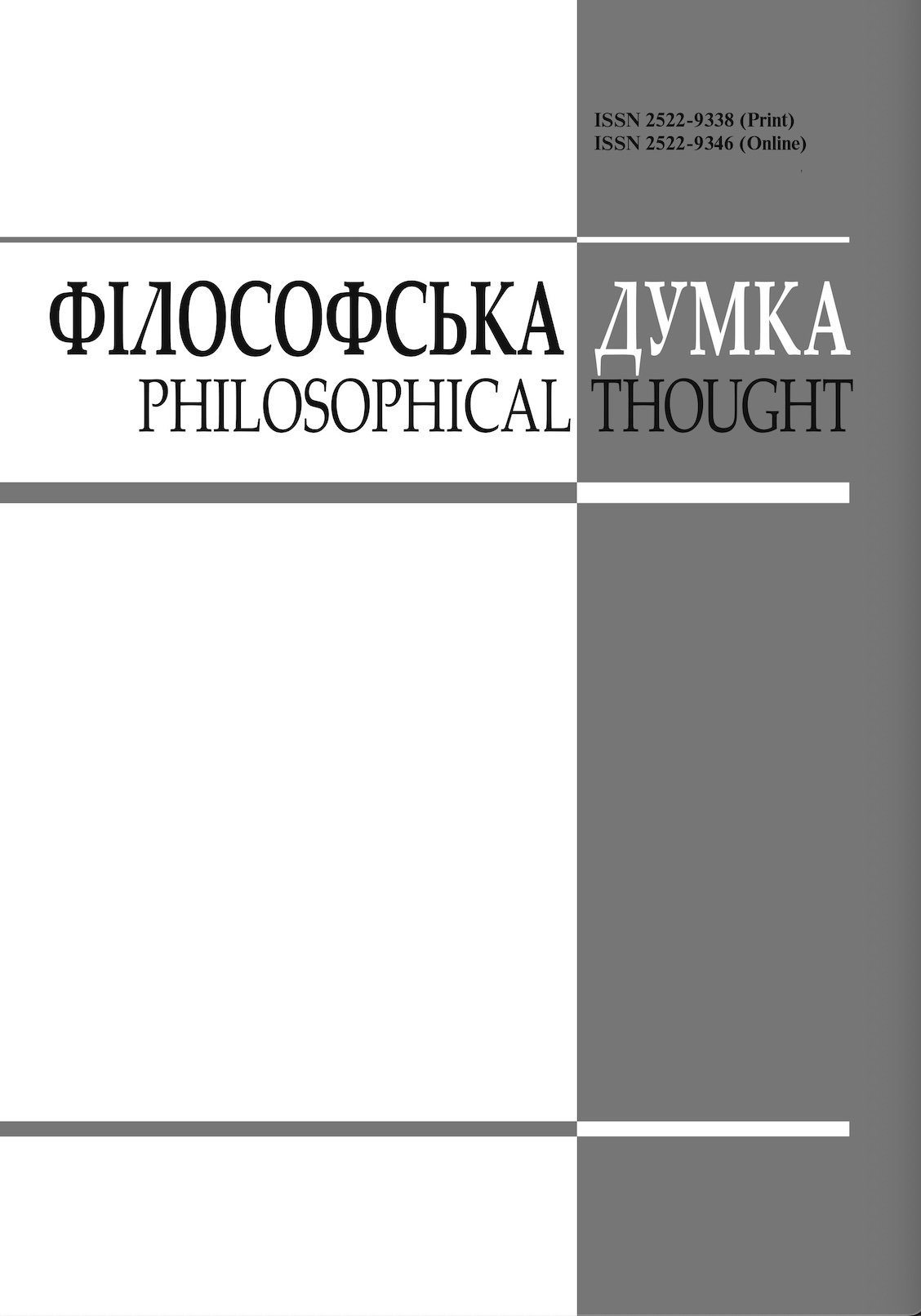How to state the problems of collective identity?
Keywords:
identity of the collective wholeness, epistemological criterion, grammatical criterionAbstract
Such terms as identity and, in particular, collective identity had been established in the discourse of social sciences since the 1950’s in those contexts where formerly they rather had to do with individuality. Reasoning upon the theoretical principles of research of collective identity, the author raises the question of conceptual content of transition from psychological lexicon of the individual to that of identity. That requires finding out the sense development of the terms identity, existence and individual on the common basis, as well as provides for consideration of a man both in empirical and normative sense. When raising a problem of identity criterion for the collective wholeness, the author considers, in particular, two types of criteria: epistemological (following which we identify an individual as himself) and grammatical (which defines the individual’s identity to himself within the framework of his transformations). Proceeding from the presented analysis, the author makes a conclusion that the community based either on common characteristic, or on the fact of availability of the same thoughts, has no his own reality; instead, the community based on sharing institutions is a necessarily real group.
References
Polanyi K. The Great Transformation: the political and economic origins of our time. — Boston: Beacon Press, 1957.
Rousseau J.-J. Bіblіothèque de la Pléіade. — Paris: Gallimard, 1959.
Strauss L. Natural Right and History. — Chicago: The University of Chicago Press, 1953.
Taylor Ch. A Secular Age. — Cambridge, Mass.: Harvard University Press, 2007.
Downloads
-
PDF (Українська)
Downloads: 194
Published
How to Cite
Issue
Section
License
Authors who publish with this journal agree to the following terms:
- Authors retain copyright and grant the journal right of first publication.
- Authors are able to enter into separate, additional contractual arrangements for the non-exclusive distribution of the journal's published version of the work (e.g., post it to an institutional repository or publish it in a book), with an acknowledgement of its initial publication in this journal.
- Authors are permitted and encouraged to post their work online (e.g., in institutional repositories or on their website) prior to and during the submission process, as it can lead to productive exchanges, as well as earlier and greater citation of published work (See The Effect of Open Access).


